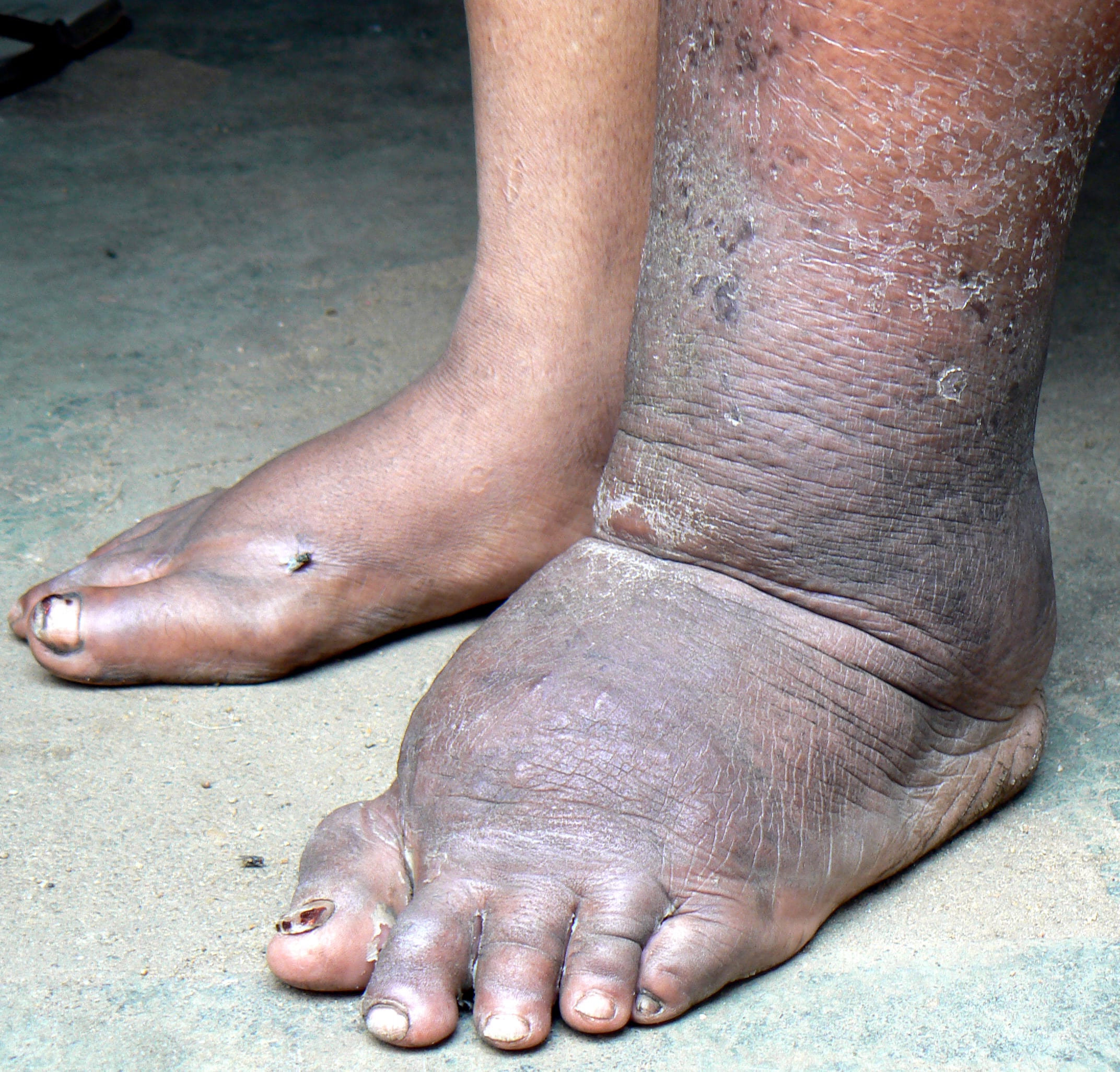Overview Of Filariasis
Filariasis is a parasitic infection caused by filarial worms, including *Wuchereria bancrofti* and *Brugia malayi*, which are transmitted by mosquitoes. The infection leads to lymphatic system damage, causing symptoms such as lymphatic swelling (elephantiasis).
Symptoms of Filariasis
- - Lymphatic Swelling (Elephantiasis) - Fever - Pain and Redness in the affected areas
Causes of Filariasis
- -
- Mosquito Bites: Infection is transmitted through the bite of infected mosquitoes. -
- Lymphatic System Damage: The worms invade the lymphatic system, leading to swelling.
Risk Factors of Filariasis
- -
- Living in Endemic Areas: Particularly tropical regions where mosquitoes are prevalent. -
- Frequent Exposure to Mosquitoes: Increased risk for people living in areas with high mosquito populations.
Prevention of Filariasis
- - Mosquito Control: Use of insecticide-treated nets and indoor spraying to reduce mosquito populations. - Mass Drug Administration: Preventive drug distribution in endemic areas.
Prognosis of Filariasis
- - Treatment can reduce symptoms and prevent complications. However, some individuals may experience long-term lymphatic damage and swelling.
Complications of Filariasis
- - Elephantiasis: Severe swelling in the limbs and genitals. - Lymphangitis: Inflammation of the lymph vessels. - Chronic Pain and disability due to lymphatic damage.
Related Diseases of Filariasis
- - Loiasis: Caused by *Loa loa* filarial worms, transmitted by horseflies. - Onchocerciasis: Caused by *Onchocerca volvulus*, transmitted by blackflies.
Treatment of Filariasis
- **Diethylcarbamazine (DEC)** or **Ivermectin**: Antiparasitic medications used to kill the filarial worms. - **Surgical Intervention**: In severe cases, surgery may be needed to treat complications such as elephantiasis.
Generics For Filariasis
Our administration and support staff all have exceptional people skills and trained to assist you with all medical enquiries.

Albendazole
Albendazole

Diethylcarbamazine Citrate
Diethylcarbamazine Citrate

Ivermectin
Ivermectin

Mebendazole
Mebendazole

Albendazole
Albendazole

Diethylcarbamazine Citrate
Diethylcarbamazine Citrate

Ivermectin
Ivermectin

Mebendazole
Mebendazole


